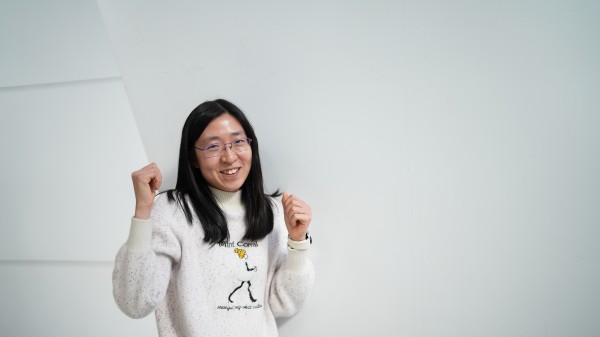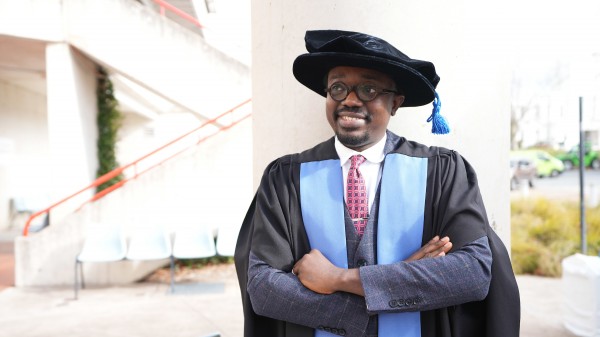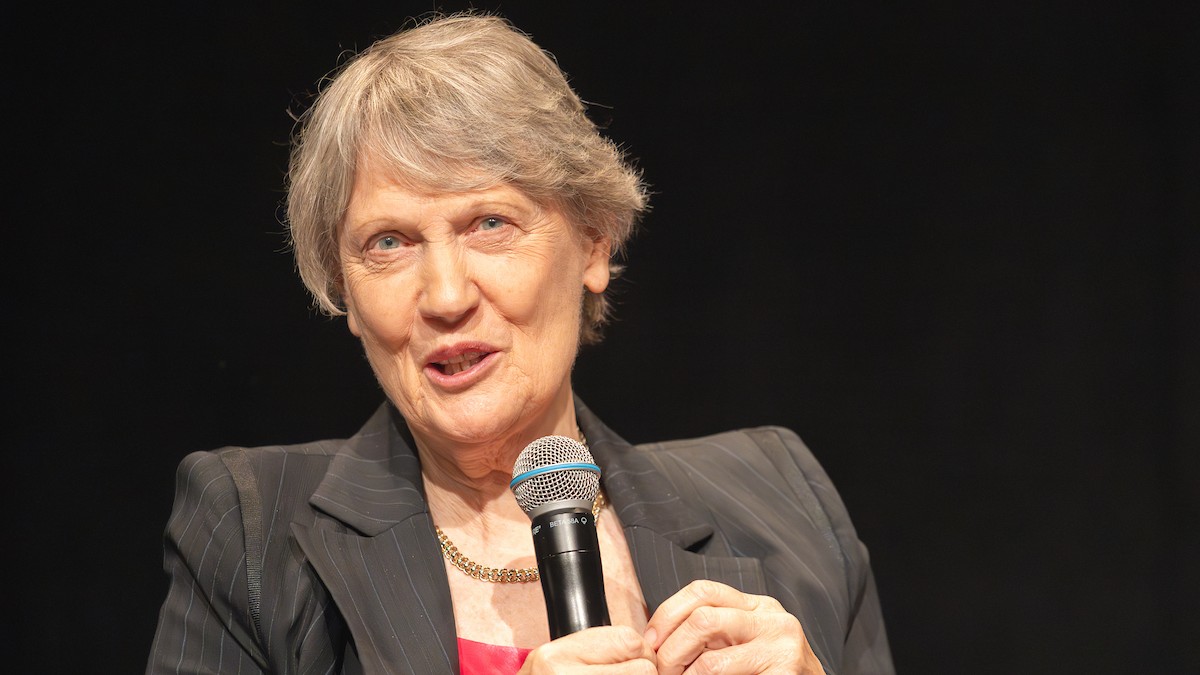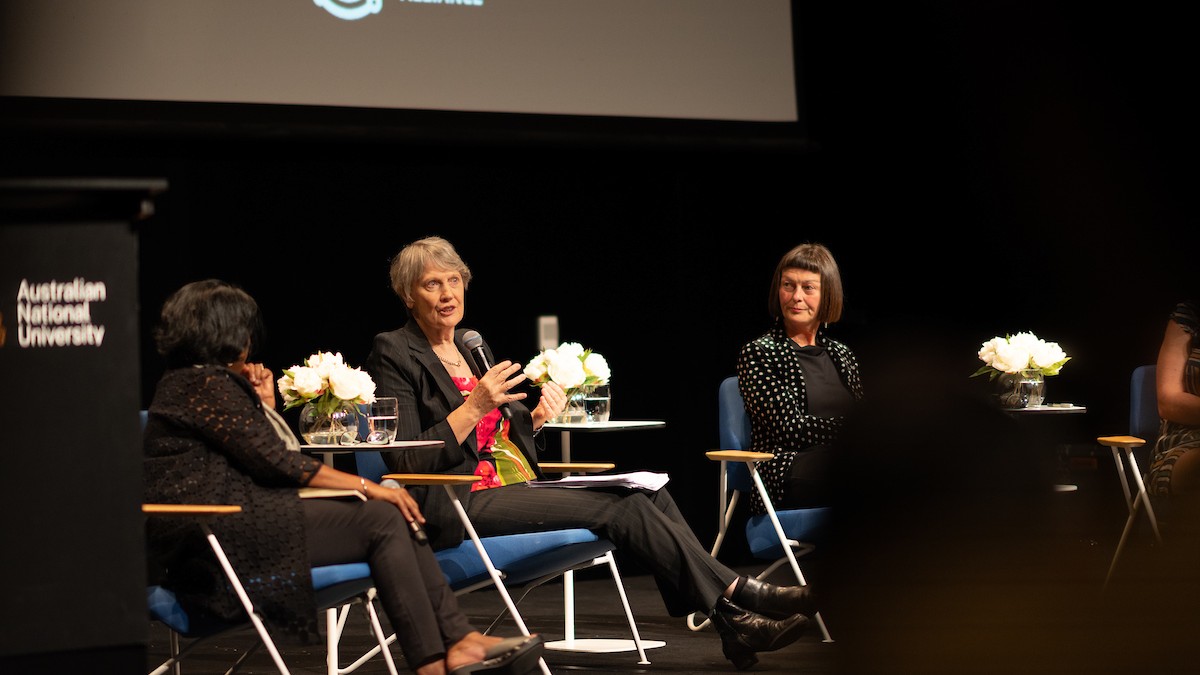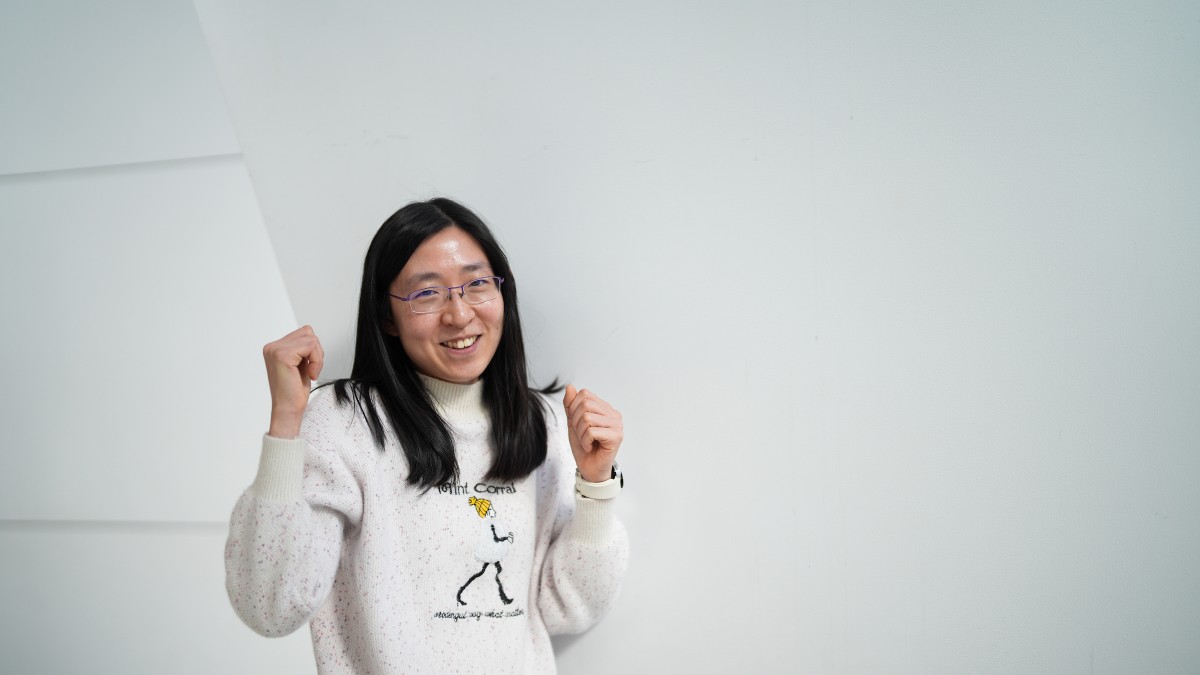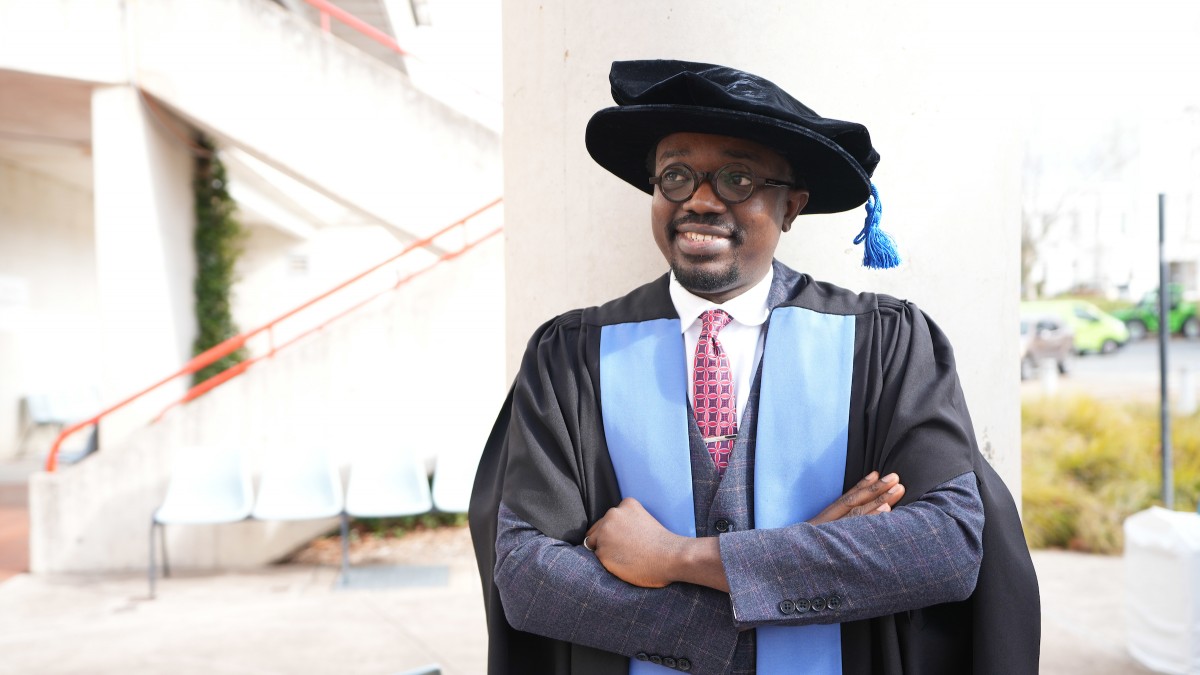We live in an age of multiple crises, impacting our health and wellbeing in different, often intersecting ways. So, what is needed to achieve a healthier and thriving future for all?
This is a key conversation for our time. And in front of a packed theatre in The Australian National University’s cultural precinct, the Rt Honourable Helen Clark, alongside a powerhouse panel of extraordinary women, tackled these issues critical for humanity head on.
From Waikato farm girl to university lecturer, from Member of Parliament to first New Zealand Prime Minister, and a top job at the United Nations, Clark is recognised as a global leader who actively contributes to policy debates on a wide range of issues that are challenging our world today: economic, social, environmental, and cultural. She is also a champion of sustainability, good governance, and inclusion.
"We live in this age of polycrisis. I can't think of anything like it in my lifetime where so many different things are coming at us, all impacting, in one way or another, on our health and on the health of populations. Horrific conflict, climate crises, pandemics—and not just COVID-19, but the ones that have never gone away, like HIV—inequality, discrimination, and power imbalances. The issues are genuinely endless, particularly for those most marginalised," Clark said.
With so many complex issues to address, perhaps the biggest question of the day was ‘where to start?’ While the task seems daunting, we do have, as individuals, agency and capacity. We can, and should, be part of the solution.
Professor Sharon Friel, ARC Laureate Fellow, Director of the ANU Planetary Health Equity Hothouse and the Australian Research Centre for Health Equity, believes that a healthy human future requires addressing inequality, in all its forms, and looking at our societal values.
"I find it remarkable that we continue, as a global society, with the levels of inequality that we see between countries and within countries, particularly when measured by distribution of wellbeing and health outcomes. And when you overlay it with all these issues, frankly, if we do nothing about climate change, and we do nothing about global inequalities, then we are stuffed. That’s the technical term," she quipped.
Policy, politics, power, and change
But despite decades of commitments from government for change on social, economic and security determinants of health, we haven't seen the progress that one would hope for.
"The more polarised the politics, the harder it is for policies to stick,’ said Clark. "We see this polarisation in issues like climate change. And we’re starting to see this in New Zealand as well on some of the big public health issues like tobacco. We get these periods where government work proactively on these issues, and then slam on the brakes, falling to the power of those that are incredibly influential. Big corporations have a lot of power. States still have a lot of power. And we see also that Big Tech has power."
"As a society, we've all got our own interests and claim that ‘my issue is bigger than your issue’. But fundamentally we need the galvanising of a coalition. One that says, it's not about a particular minutia of an issue. It’s not about the easy wins. It's about the long-term public interest," reinforced Professor Friel.
The conscience of the nation
"We know that values might not always be shared, including by big players, but we all have shared interests, for example what's happening to our planet. So, we must find these common interests and work on what we need to do together to really make progress,’ offered Clark.
But who can effectively influence decisions on complex issues? Civil society has incredible power and consistent voices can be influential, particularly on issues like inequality, where those who capture power have less interest in addressing it.
Clark argues that without an engaged public, democracy will die. And she urged us to "raise the issues, never give up, relentlessly campaign. And while it can seem like water dripping on stone, over time, water dripping on stone does make a dent."
An economy in service of people and the planet
Economic systems create winners and losers, and this impacts human and planetary health in so many ways.
"Inequality in society, in and of itself, is bad for physical and mental health. Relative inequity gets into our heads, it gets under our skin, increases our risk of cardiovascular disease, as well as our risk of mental ill health," said Professor Friel. And because economic revenue is what allows governments to spend on housing, education, health care, the concentration of economic resources on a few impacts the health of society, and particularly of those most disadvantaged.
Clark agreed: "In a thriving society, we want everyone to be a winner. Markets have their place but the whole social wage, the living wage, requires state intervention and policy, to ensure we don't create a floor below which, and through which, people crash." Dr Katherine Trebeck, political economist, writer, and advocate for economic system change, refers to this idea as an economy in service of people, rather than the other way around.
Impact on the frontlines
And if talk about large scale economics seemed all too much, then Professor Bina D’Costa, Australian Research Council Future Fellow, and International Relations expert at the ANU Coral Bell School of Asia-Pacific Affairs, reminded us that global change can start at more micro and local levels, and that we need multiple entry points to tackle issues.
As an example, she said: "We’ve seen this with the Human Rights Council declaration in 2021, that ‘the right to a healthy environment is a human right’. This involved The Secretary General, 15 UN agencies, the business community, young activists, and human rights defenders on the ground. There were 1300 civil society organisations, who took the issue to the different corners of the world. And while it didn’t happen easily, and it came with great risk, it has had an impact."
Professor D'Costa also spoke of the need to involve those with lived experience in the response. This means, women’s rights defenders, ethnic group leaders, youth, and children. This means going beyond quantitative data and incorporating qualitative data. "People who are on the margins of their communities perform different kinds of political labour, and have an understanding that, if recognised and used, can be important at the global level."
Silence was absolute as Professor D'Costa painted a picture of children affected by crises. Carrying their trauma not only in their present, but also into the future generations. And it is not only their own experiences they suffer, but also the weight of their dead and their missing. And in the search of a better future, many undertake dangerous journeys, often knowing they may never make it.
"In terms of humanitarian crises, we just simply don’t have enough words to capture what’s happening. We do not talk about the dead enough. There are yawning gaps and injustice and that’s where we need to have action. It’s like moving a slow tanker, we won’t see the change immediately, but I believe we will. Meanwhile, we keep working, we keep talking, and we keep hoping," concluded Professor D'Costa.
Clark added: "Sustainable development is about meeting the needs of the present generation, without compromising the future generations. So, it’s extremely important we work on this, as well as on meaningfully engaging young people in all the processes."
The role of leadership and a seat at the table
Having discussed the role of civil society, people with lived experienced, and younger generations, the panellists stressed that that this does not mean the sole responsibility for making the change is on the people experiencing the challenges. However, it is critical to have the right people, those with true meaningful voices, in the decision-making processes that affect their lives. This means that the composition of those who sit at the table needs to be reconstructed.
As the first female Prime Minister of New Zealand, there are few more qualified than Clark to talk about representation at the table.
"We’re seeing incremental changes. At the last parliament in New Zealand, the numbers of women had reached the 50% mark, from 9% in 1981. And it is becoming more diverse in other ways, LGBTQI+, ethnic community representation, and a younger generation. My sense is that they are coming in to make their contribution ‘now’, they’re not expecting to be there for a long time, and as such they are driving a radical change."
Clark described effective leadership as empathetic leadership, one with the capacity to communicate, to bring people together, and to drive a vision for a society that is more inclusive, fairer, sustainable, and resilient. And it’s clear to see that these are the values against which she measures herself.
Universities - bringing evidence and reason to the discourse
Universities have a significant leadership role in injecting reason to the discourse and producing knowledge that is relevant for policymakers, and there is a ground swelling that can happen with cross disciplinary action. This panel on politics, policy, and health, was an example of different disciplines and academics coming together to examine some of the big issues of our time.
In addressing the audience, Clark said, "Even when it might not be the main function of your research, I would encourage you to consider the applications of it and particularly, how that can be applied to policy. Translating research findings into actionable policy recommendations can generate tangible impact on societies in the region and beyond."
Professor Friel pointedly asked the question: As academics, as researchers, why are we not the go-to for the Australian public, rather than, say, consultancy firms? "It’s important that we generate the radical ideas, not just follow the political party line, and that we, as researchers, push the policy discourse to open a range of policy solutions. It is up to us to engage in this way, and to develop the relationships with government."
"And we must not overlook one of the most important functions of a university: the teaching of the next generation,’ said Clark. "Students want to hear about more than their medical training, they want to know about society, they want to know about the plight of people, and this is incredibly relevant to their futures. And it is the teaching of the next generation that is inspiring young people to believe that, armed with knowledge and skill, they/you can go out there, make your mark and make a difference for the world."
Furthermore, Professor D'Costa argued that universities have an ethical obligation to speak up, and to offer students the skills and tools needed to do the same. Although this is not always easy. "It is one generation’s radical idea that, through education, can become something used by the next generation."
"Hear, hear", the crowd agreed as they looked around at the extraordinary all-women panel that, through this talk, had given us permission to hope, to engage in the discussion and the debate, and to recognise that we can, and should, be part of the solution.
The ANU College of Health and Medicine, and event co-sponsor, the Australian Global Health Alliance, offer thanks to the Rt Honourable Helen Clark, and Professors Sharon Friel and Bina D’Costa for their insights. The conversation was guided by Dr Arnagretta Hunter, Cardiologist and Human Futures Fellow at the ANU College of Health and Medicine and chaired by Dr Esperanza Martinez, Head Health and Human Security, ANU College of Health and Medicine. Some quotes were lightly modified for editorial purposes.
You can tune in to the full conversation recording on the Policy Forum Podcast.
If you’d like to hear more from The Rt Hon Helen Clark, she will address guests at the 2024 World Health Summit Regional Meeting (22-24 April), speaking on ‘Geopolitics and Health: Achieving equity in a divided world.’ Registrations are welcome.





